A convenient lunchbox lending and return system has been implemented in the eight publicly-funded universities to reduce single-use plastic consumption and promote sustainable development on campus.
The Lunchbox Lending Programme, a key initiative of the eight universities under the umbrella of the Jockey Club Sustainable Campus Consumer Programme (JCSCCP), aims to drive sustainability and promote United Nations Sustainable Development Goal #12: Responsible Consumption and Production in the eight campus communities.
A ceremony was held on 31 October to mark the implementation of the Programme. Officiating at the ceremony were Mr Bruno Luk, Acting Director of Environmental Protection, Environmental Protection Department, Hong Kong SAR Government, Ms Anna Ip, Senior Manager of Charities, The Hong Kong Jockey Club, Professor Freddy Boey, President of City University of Hong Kong (CityU), Professor Steven Wang, Associate Vice-President (Resources Planning) and Deputy Chairman of the Sustainability Committee of CityU, and Professor Davis Bookhart, Director of the Hong Kong University of Science and Technology Sustainability/Net-Zero Office and Chair of the JCSCCP Steering Committee.
In 2010, the eight universities formed the Hong Kong Sustainable Campus Consortium to share information and best practices on sustainability related issues. In 2021, this Consortium received a generous three-year donation of over HK$15 million from The Hong Kong Jockey Club Charities Trust to accelerate progress by investing in the co-development of innovative solutions to campus sustainability challenges. In September 2023, JCSCCP set up the Lunchbox Lending Programme.

“We are committed to upholding our social responsibility, particularly in the area of reducing municipal solid waste and influencing positive environmental behaviour among our students,” said President Boey. “The Lunchbox Lending Programme exemplifies how our collective efforts contribute to ensuring a sustainable future."

Mr Luk commended the Lunchbox Lending Programme as it could play a pivotal role in developing the green habit of “Bring Your Own Container” (BYOC) in the community. “I’m sure this programme will serve as exemplary showcase for the wide implementation of similar systems in our community,” he said. “It is truly encouraging to see that the universities and the Government share the same goal of promoting a reuse and disposable-free culture in Hong Kong.”
Professor Wang pointed out that the Lunchbox Lending Programme is a key initiative of the JCSCCP developed by the Consortium, showcasing the determination of the eight universities to establish green campuses. “This is a significant step towards fostering a ‘plastic-free’ culture and pursuing source reduction. We are not just advancing a green future, but are also making a tangible contribution to sustainable development.” He also extended gratitude to The Hong Kong Jockey Club Charities Trust for providing the funding.
Professor Bookhart highlighted the critical importance of collaboration among university members in solving sustainability challenges. “This achievement would be difficult for any university to solve individually. However, the active contributions of all university members focusing on a common goal really demonstrates the power of the higher education sector in building a sustainable future in Hong Kong.”

The Lunchbox Lending Programme introduced an AI-driven borrow and return system for reusable lunchboxes. This is the first such system among universities in the Asia-Pacific region. Each machine can provide 120 reusable lunchboxes and operate 24/7. The machines are equipped with internal cameras and AI Object Recognition software, allowing users to borrow a lunchbox by paying a HK$20 deposit with their Octopus Card which will be fully refunded when they return the used container.
Users do not need to clean the containers before returning them to the collection machine. The used containers are cleaned by a professional dishwashing partner to ensure high hygiene standards. The containers, made of microwave-safe materials, are reusable and boast a stylish, eco-friendly blue-green colour.







